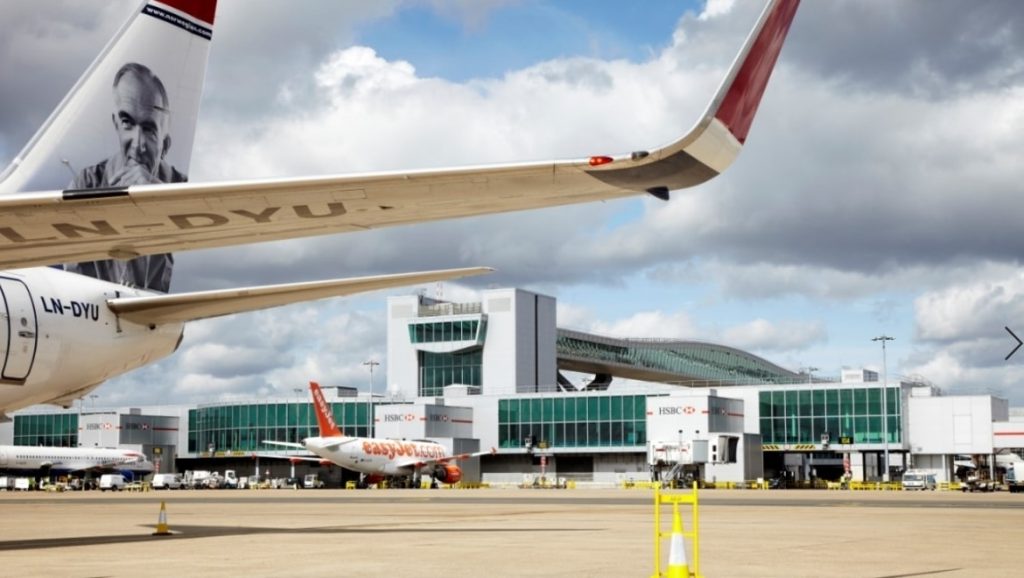
Airlines and air cargo operators may struggle to effectively distribute new COVID-19 vaccines in light of global travel restrictions, according to an industry association.
The International Air Transport Association (IATA), an association that represents nearly 300 airlines worldwide, has warned that government-enforced travel curbs and quarantine requirements will hinder the airline industry’s ability to effectively distribute a vaccine, once available.
According to the IATA, the global grounding of passenger flights, which normally would carry up to 45 per cent of global air cargo in their holds, could see freight networks stretched, and prices driven upwards.
“If borders remain closed, travel curtailed, fleets grounded and employees furloughed, the capacity to deliver life-saving vaccines will be very much compromised,” the IATA said.
The World Health Organisation and UNICEF “have already reported severe difficulties in maintaining their planned vaccine programs during the COVID-19 crisis due, in part, to limited air connectivity”, IATA added.
Vaccines, once approved, will need to be transported and stored at temperatures below freezing, which only poses further logistical problems.
According to IATA’s head of cargo Glyn Hughes, the distribution of vaccines amid border closures could produce a tighter ‘bottleneck’ situation than production.
In preparation for these challenges, the IATA has continued to argue that governments should push ahead with reopening key passenger transit routes, and focus on pre-flight testing in lieu of closed borders and quarantine requirements.
“There are several more months for governments to go through the planning cycle,” Hughes said, leaving enough time to “get passenger networks safely resumed, looking at safe travel corridors (and) mutual acceptance of testing procedures.”
The warning has been issued in light of the critical role that airlines play in the distribution of vaccines around the globe.
The news also comes as US drug manufacturer Moderna announced its experimental vaccine had proved 94.5 per cent effective in clinical trials, a week after rival drugmaker Pfizer announced its own 90 per cent efficacy findings for its vaccine.










